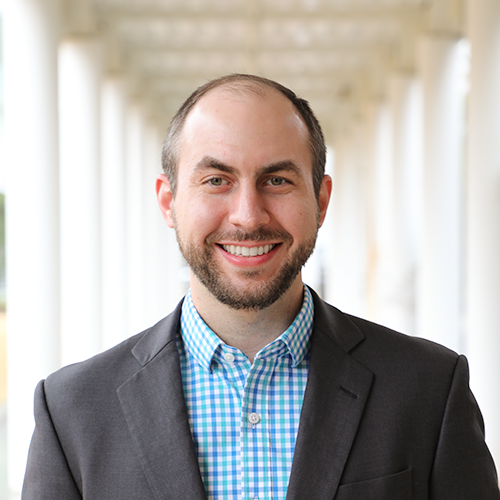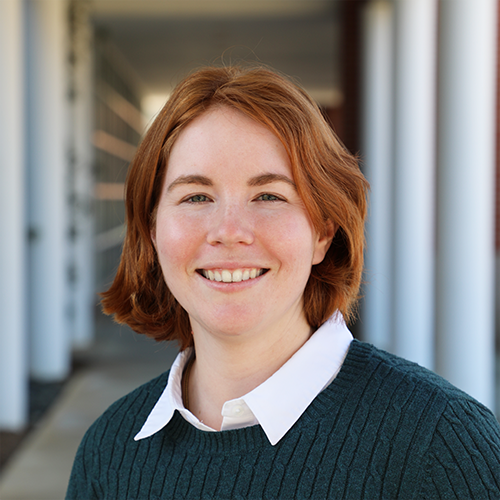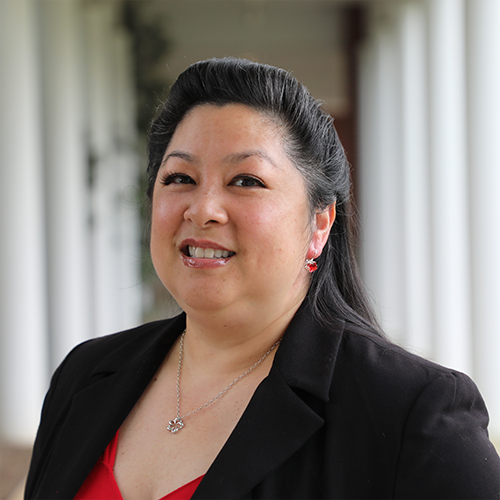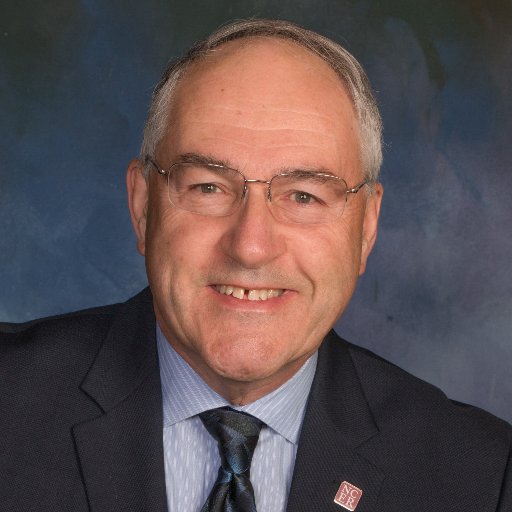NSF I-Corps Commercialization Training Program
I-Corps at NC State offers a National Science Foundation (NSF) training program that helps university researchers transition their ideas and inventions to market through customer discovery and market research.

What is I-Corps?
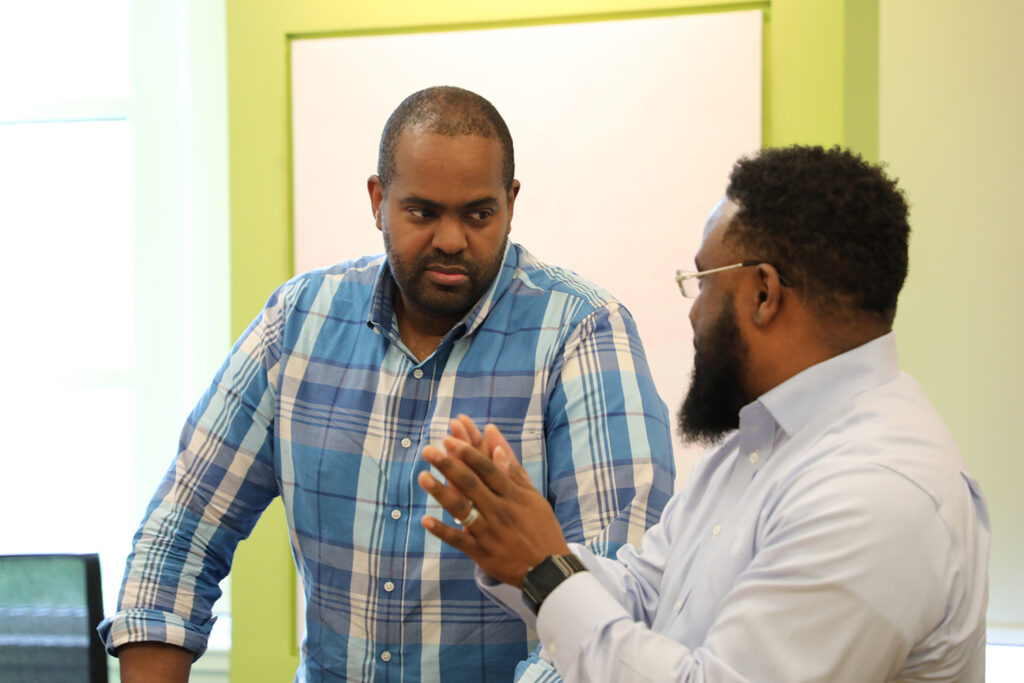
What to Expect
I-Corps @ NC State is a month-long, four-session course aimed at arriving at a “go” or “no-go” team decision on whether to pursue commercialization of a technology.
Teams will receive instruction on performing customer interviews and market research at the beginning of the course and will complete customer interviews each week to determine if the problem their solution potentially solves is a high enough pain point to drive customer adoption. Each team will present its interview findings at the weekly meetings.
Topics Covered
- How to identify and interview potential customers of your solution
- How to create and test a value proposition for your technology
- How to develop and test market assumptions
- How to assess and choose a business model
Program Benefits
Entrepreneurial Training
Learn how to build a strong startup foundation
Market Assessment Skills
Better understand the market you want to enter
Industry & Mentor Connections
Grow your network and your team
Program Expectations
- At least one team member is expected to attend all program sessions.
- Teams are expected to commit to engaging in market research, customer discovery and other commercialization-focused activities outside of class.
- Teams should complete at least 20 customer interviews by the end of the month-long program.
Who Can Apply
The I-Corps Program is designed for university-affiliated research teams and startup companies who are developing new technologies at an institution of higher education.
Teams typically have at least one faculty researcher or co-inventor along with other university lab members such as a postdoc or graduate student. Note that you can apply even if you are a single person team!
Apply Now
to move your innovation closer to market!
Upcoming Program Dates
Spring 2026*
- Application Period: applications accepted until January 19th at 11:59 PM
- I-Corps Prep Work: due by February 13th
- Class 1: Tuesday, February 24th, 9 AM – 12:30 PM
- Class 2: Tuesday, March 3rd, 9 AM – 12:30 PM
- Next Steps Session: March 17th, 10 AM – 11:30 AM
- Class 3: Tuesday, March 31st, 9 AM – 12:30 PM
*All class sessions this cohort will be held in-person on NC State’s Centennial Campus.
FAQ
What is the application process?
Applications are accepted on a rolling basis. After submitting an application, a member of our team will contact you within 1-2 weeks to meet with you to discuss your application, the program format and expectations, and your team’s suitability for the program. If accepted, your team will be placed in the next available cohort.
Can our team have more than one entrepreneurial lead or academic lead?
Yes. Teams can have multiple faculty members or students who want to contribute to the team and learn.
I am interested I participating, but do not yet have a 3-person team. Can we still apply?
Yes, you can apply to the NC State I-Corps program without having a team member for each position. The I-Corps @ NC State team can also work with you to help identify potential team members. Please indicate this is desired when completing the application, particularly if you are seeking a business mentor to join your team.
The technology I am interested in was not funded by the NSF. Can I still participate?
Yes. Also, by completing the NC State I-Corps program, you will establish an NSF funding lineage for your project, making it eligible for other sources of commercialization-focused funding from the NSF.
My team is not based at NC State University. Can I still participate?
Yes. The I-Corps @ NC State program is open to research teams at other research institutions who are seeking to better understand their target market. The only requirement is that applicants have a technology development connection to an institution of higher education.
I-Corps @ NC State Impact
199
Teams trained
46
New startups launched
$72.5 million
in follow-on funding generated
I-Corps News
More storiesStill Have Questions?
Contact us to discuss the program and how it might help your project.
I-Corps @ NC State Team
Associate Director and Professor of the Practice of Entrepreneurship
919-513-2344 rnaraya@ncsu.eduNC State Executive-in-Residence (XIR)
NC State Executive-in-Residence (XIR)
